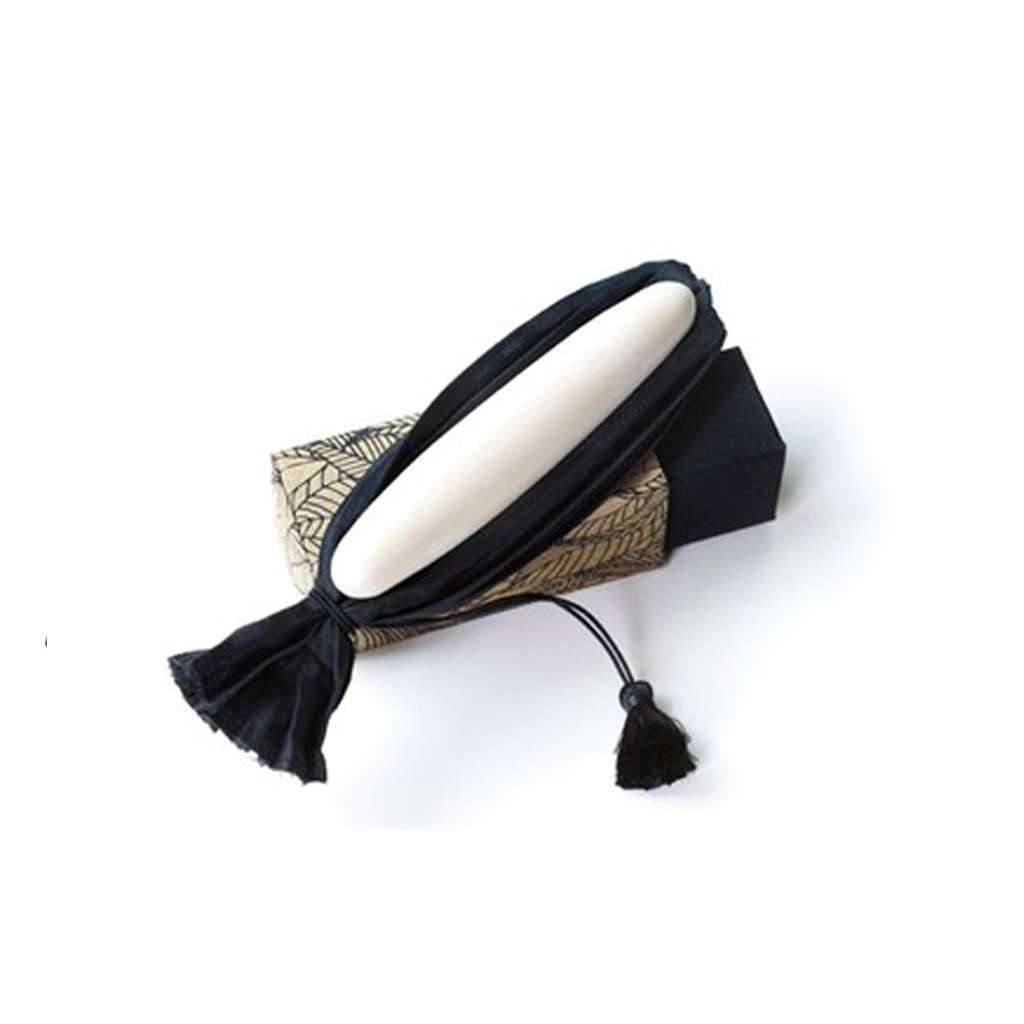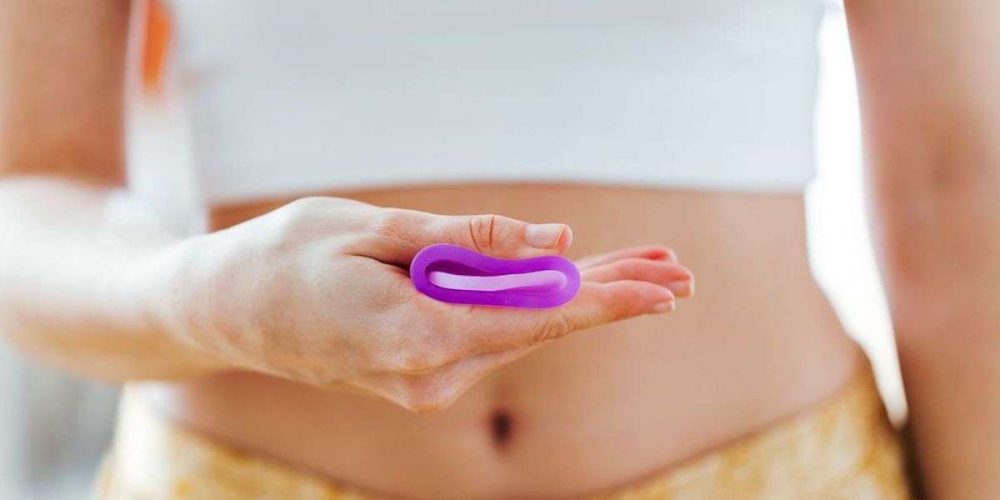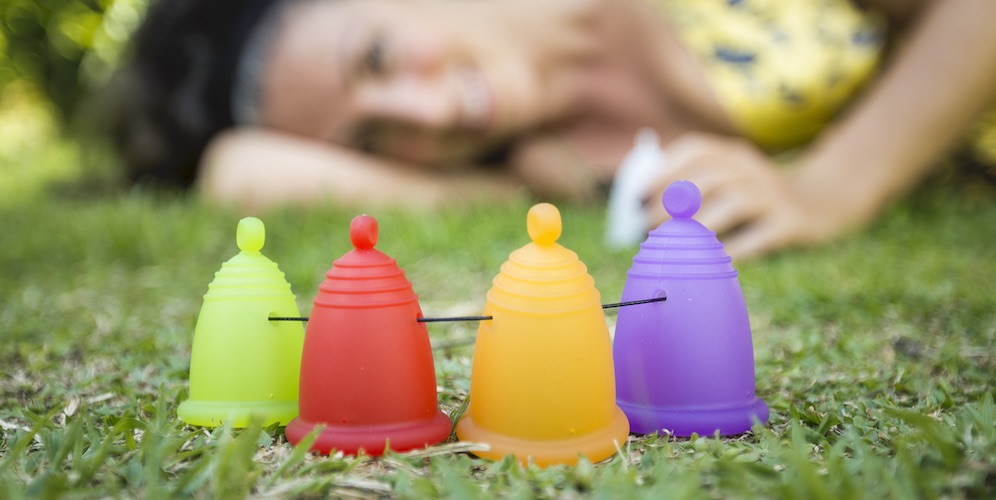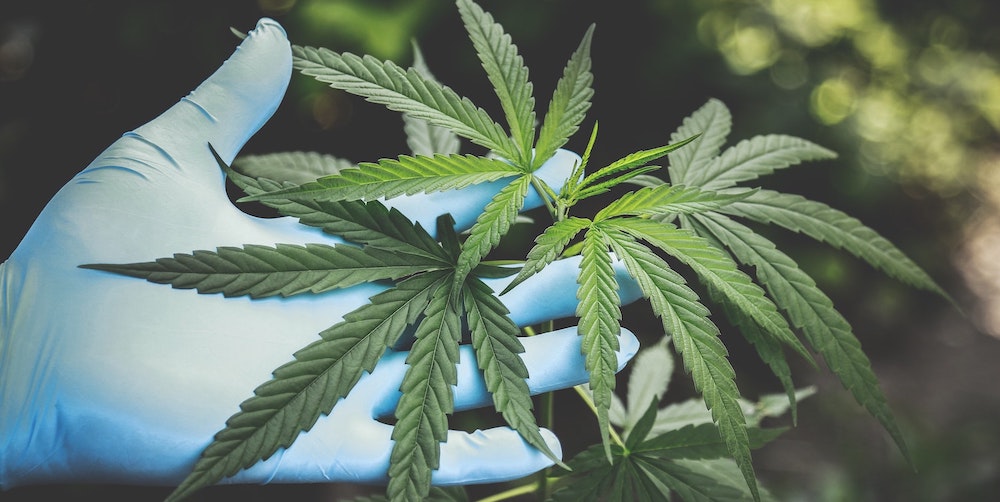A healthy vagina can smell like many different things, but flowers aren’t one of them. Let’s dive in to understand what can be the culprits.

Maintaining vaginal health is crucial for overall well-being, and one common concern is the presence of bad vaginal odor. It’s important to understand the various factors that can contribute to this issue to take appropriate steps for prevention and treatment. In this blog post, we will explore the common causes and provide helpful insights for addressing them.
Poor Hygiene Practices
Proper hygiene plays a vital role in preventing bad vaginal odor. Inadequate washing, using harsh soaps or douches, or neglecting regular cleansing can disrupt the natural balance of bacteria in the vagina. It’s essential to wash the external genital area gently with mild, unscented soap and warm water to maintain cleanliness.
Bacterial Vaginosis (BV)
Bacterial vaginosis is a common vaginal infection caused by an imbalance of bacteria. It can lead to a fishy odor, along with unusual discharge and itching. BV may occur due to factors such as douching, multiple sexual partners, or smoking. If experiencing symptoms, it’s important to consult a healthcare professional for diagnosis and appropriate treatment.
Yeast Infections
Yeast infections, caused by Candida overgrowth, can result in a strong, yeasty odor. Factors such as hormonal changes, high-sugar diets, antibiotic use, or weakened immune systems can contribute to yeast infections. Over-the-counter antifungal medications or prescription treatments may be necessary to alleviate symptoms and address the underlying cause.
Sexually Transmitted Infections (STIs)
Certain sexually transmitted infections, including trichomoniasis, chlamydia, or gonorrhea, can cause foul-smelling vaginal odor. These infections often present with other symptoms like abnormal discharge, itching, or pain during urination or intercourse. Seeking prompt medical attention, diagnosis, and treatment are crucial to manage STIs effectively.
Hormonal Fluctuations
Hormonal changes during menstruation, pregnancy, or menopause can impact the vaginal pH balance and result in changes in odor. Maintaining good menstrual hygiene practices, using breathable menstrual products, and discussing concerns with healthcare professionals can help manage odor during these hormonal shifts.
Sweating and Moisture
Excessive sweating in the genital area, especially during physical activity or hot weather, can lead to increased moisture and a stronger odor. Wearing breathable underwear, changing out of damp clothes promptly, and practicing good personal hygiene can help manage sweat-related odor.
Certain Foods and Medications
Consuming foods with strong odors, such as onions, garlic, or spices, can temporarily affect vaginal odor. Additionally, certain medications, particularly antibiotics, can disrupt the natural vaginal flora and cause odor changes. Maintaining a balanced diet and discussing medication side effects with healthcare providers can help manage these factors.
Secret Ceres can help you get rid of bad vaginal odor as well as tighten your vagina naturally
Take care down there…
Understanding the causes of bad vaginal odor empowers women to take proactive steps towards vaginal health. Practicing good hygiene, seeking medical attention for infections or STIs, and maintaining a healthy lifestyle are essential for preventing and addressing vaginal odor concerns. If experiencing persistent or concerning symptoms, consulting a healthcare professional is crucial for accurate diagnosis and appropriate treatment.
Remember, each woman’s body is unique, and it’s important to prioritize self-care and seek professional guidance to ensure optimal vaginal health.
I invite you to read my articles with 6 remedies to get rid of bad vaginal odor.





